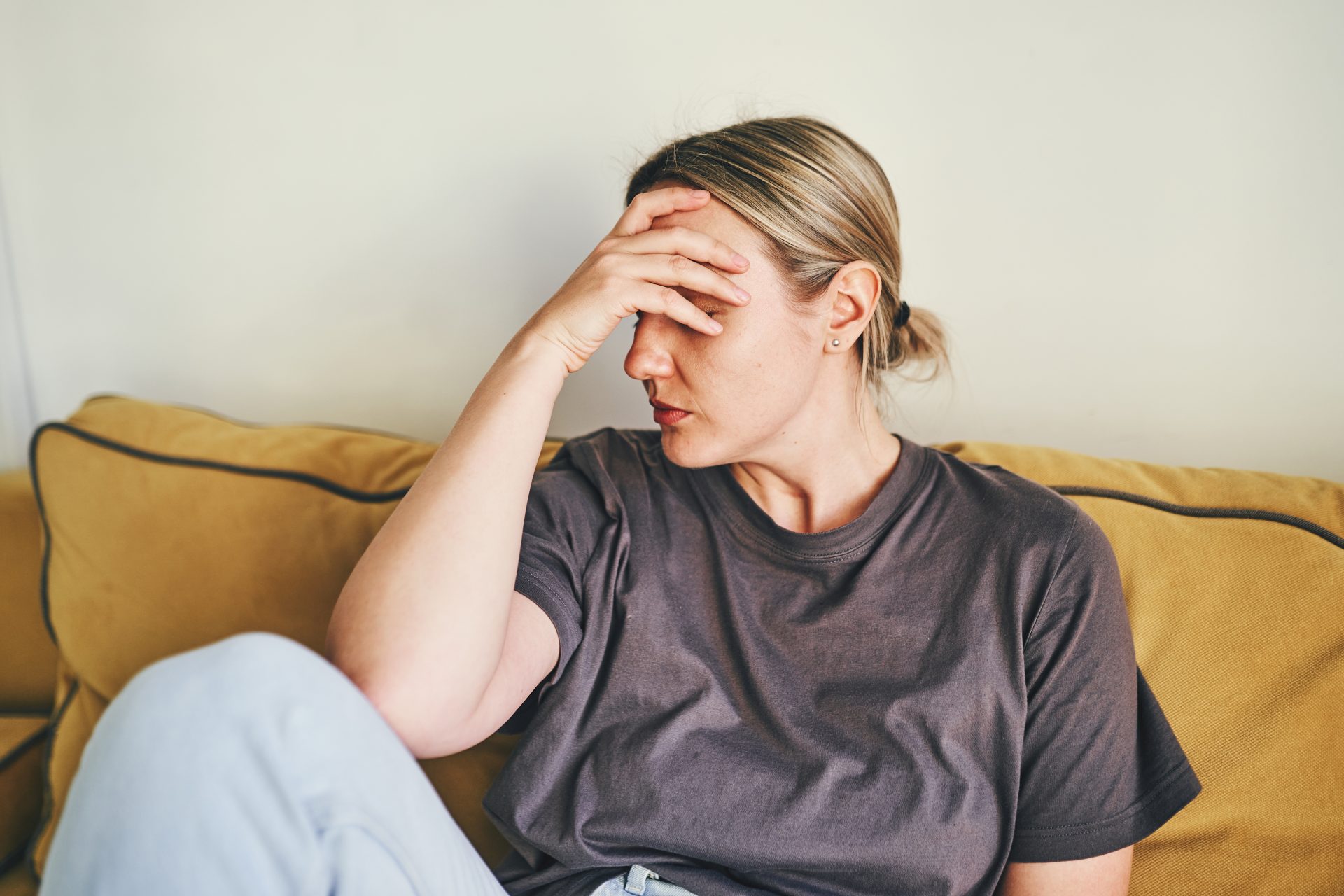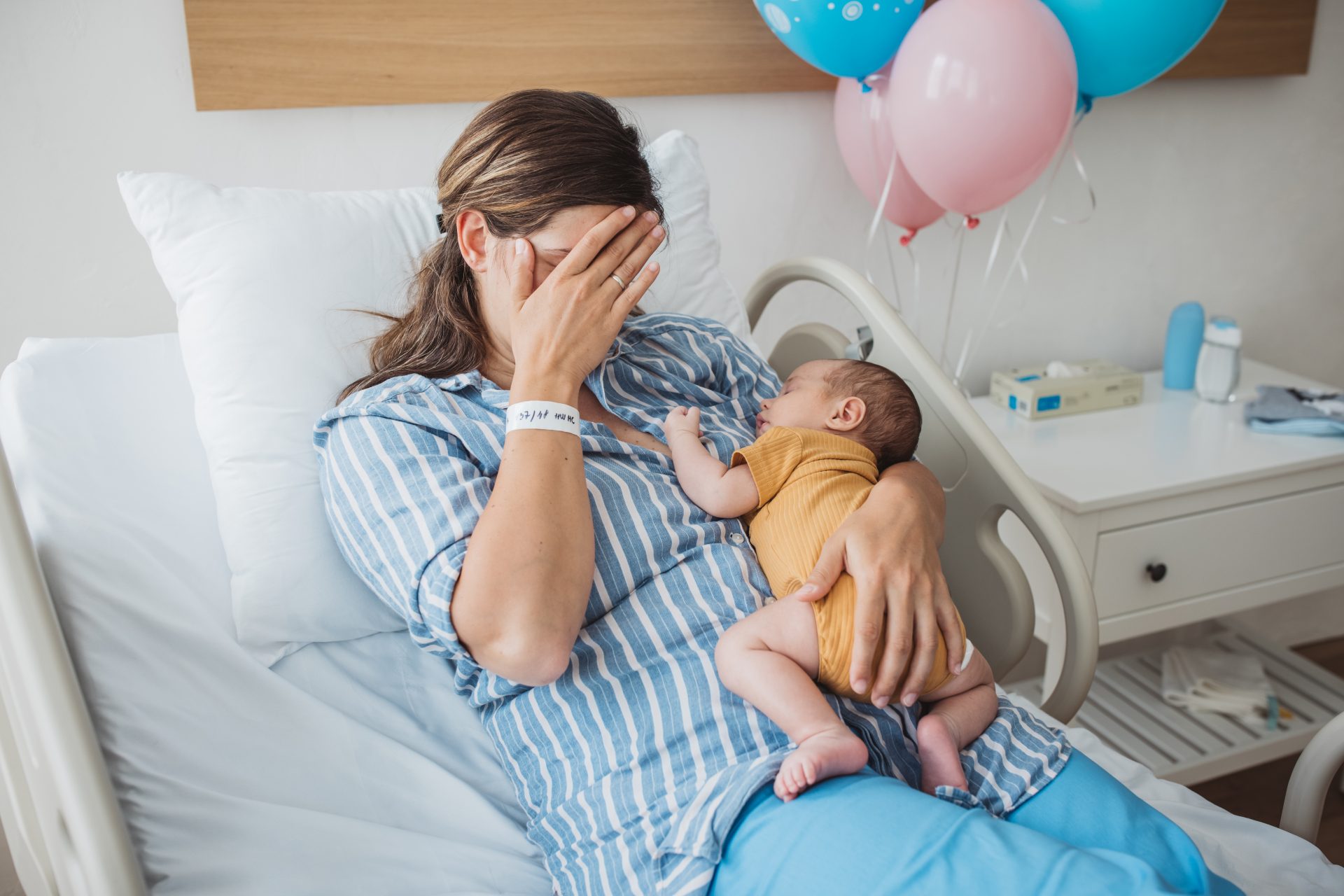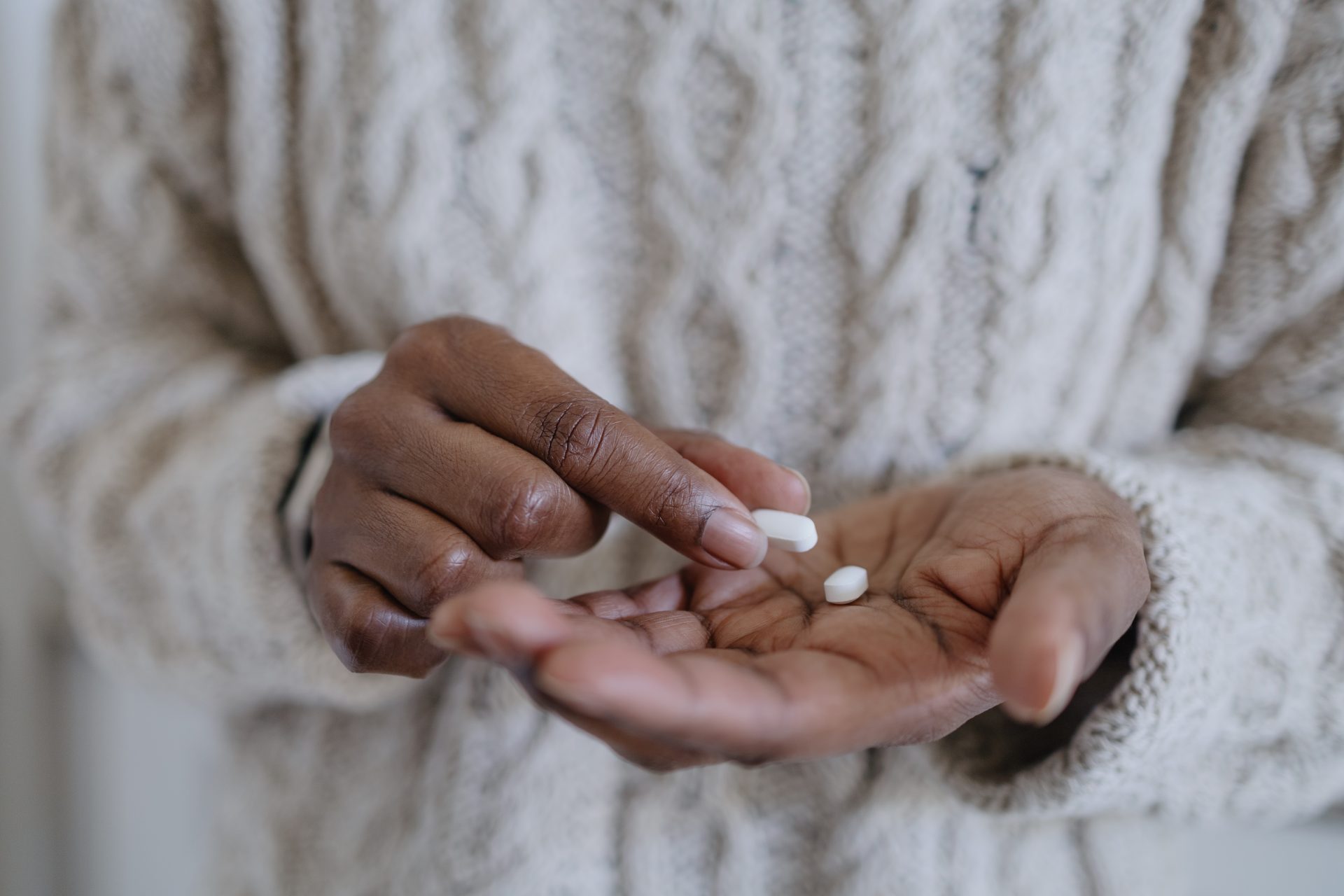Hope for new mothers: FDA approves first pill designed to treat postpartum depression
Welcoming a new baby brings great joy; however, it isn't all roses for some mothers. In fact, according to the American National Institute of Health (NIH), 70% of new mothers will experience the "baby blues," feelings of sadness and mood swings during the first week or two after giving birth.
Most women recover from the baby blues quickly, but there is another problem that isn't talked about as much: the NIH states that one in seven women will have postpartum depression, which is much more severe. CNN reports that 500,000 women in the United States alone are affected by postpartum depression each year.
Even more worrying is that doctors say 50% of new mothers' postpartum depression goes undiagnosed, forcing many new mothers to face this serious medical condition without any support, putting both the mother's and baby's health at serious risk.
In fact, according to EuroNews, taking one's own life is the number one cause of death of new mothers in the first year following the birth of their child in the United Kingdom.
However, there is new hope for those mothers who have been diagnosed as suffering from postpartum depression. Several media outlets have recently reported that the US Food and Drug Administration has approved the first pill to treat severe postpartum depression.
The medication is called Zurzuvae (zuranolone) and is the first and only medication designed to treat postpartum depression specifically. According to a report by The New York Times, Zurzuvae is promising because it works very quickly.
Even more impressive is that in the clinical trial, patients saw their depression symptoms begin to improve after just three days of taking the pill.
In addition, the medication only needs to be taken for two weeks, which doctors hope will result in more patients accepting the treatment.
Dr. Ruta Nonacs, a psychiatrist with the Center for Women's Mental Health at Massachusetts General Hospital, explained to The New York Times the significance of a drug being explicitly approved for postpartum depression as it helps people to understand that this is a biological condition, not a shortcoming of the mother affected.
Dr. Nonacs told the publication, "When women are told, 'You have postpartum depression,' it's embarrassing, it is demeaning, it makes them feel like a bad mom."
Dr. Nonacs continued, "There's also a lot of stigma about taking antidepressant medication, so that might make this treatment more appealing because it's really a treatment specific for postpartum depression."
Unfortunately, as an article on the new medication by CNN points out, not all new mothers suffering from postpartum depression will have access to this "miracle" pill.
New medications tend to be prohibitively expensive in the United States. Many people's health insurance may not cover the medication, and those who need treatment the most may not be able to afford Zurzuvae.
This is a real problem as some studies show that new mothers living in poverty tend to have much higher rates of postpartum depression compared to those with a high income.
It is essential to understand the difference between postpartum depression and the baby blues. First of all, according to the Mayo Clinic: "The symptoms of postpartum depression are more intense and last longer. These may eventually interfere with your ability to care for your baby and handle other daily tasks."
The symptoms of postpartum depression, according to the Mayo Clinic, include: Depressed mood or severe mood swings, crying too much, difficulty bonding with your baby, withdrawing from family and friends, loss of appetite or eating much more than usual, inability to sleep, insomnia, or sleeping too much, overwhelming tiredness or loss of energy, less interest and pleasure in activities you used to enjoy.
Intense irritability and anger, fear that you're not a good mother, hopelessness, feelings of worthlessness, shame, guilt or inadequacy, reduced ability to think clearly, concentrate or make decisions, restlessness, severe anxiety and panic attacks, thoughts of harming yourself or your baby, recurring thoughts of death or taking your own life.
If you have had a baby recently, you should also know that postpartum depression can begin while you are pregnant or even show up a year after you've given birth.
If you identify with the symptoms listed, you should always seek the help of a professional and insist on receiving support even if your complaints are not taken seriously at first.
Typically, doctors treat postpartum depression by using a combination of psychotherapy and antidepressants. Doctors often prescribe selective serotonin reuptake inhibitors (SSRIs) because mothers can continue to breastfeed while taking them.
Most doctors agree that a multidisciplinary approach to treatment is crucial, and in some cases, talk therapy is enough to help mothers through their postpartum depression.
Many of the symptoms of postpartum depression can often be brushed off as "normal" by well-meaning family, friends, and even doctors. There is hope that perhaps now that there is a medication specifically designed for new mothers with this condition, doctors and healthcare providers will take it more seriously.
It has yet to be determined when Zurzuvae will be available outside of the United States. According to Euronews Next, Sage Therapeutics told the news outlet that they hope to soon explore "opportunities to bring it to patients outside the US."
More for you
Top Stories




































